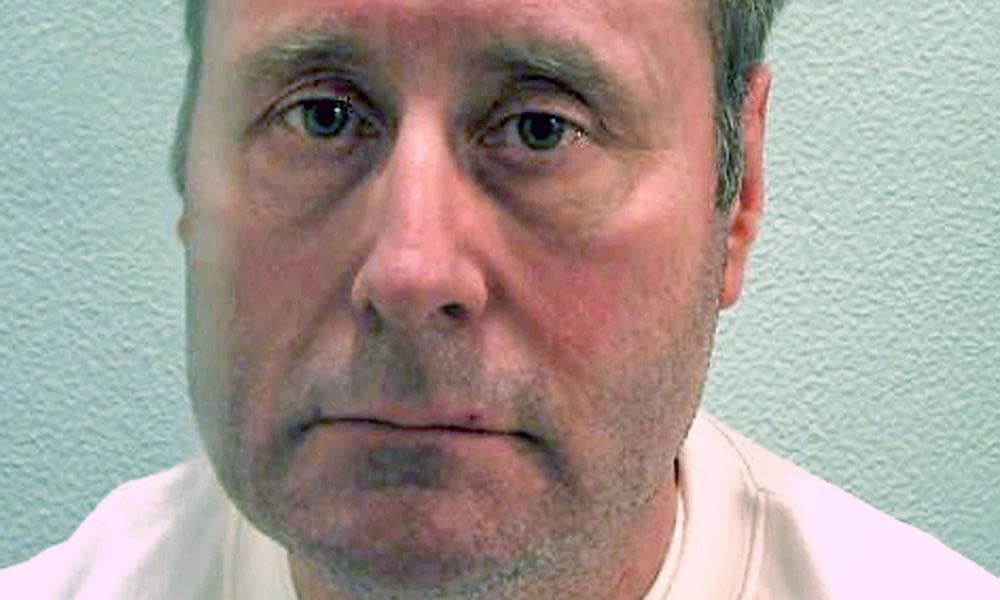John Worboys is to stay in prison. But why was release ever recommended?

John Worboys, the black cab rapist, is to stay in prison after all and rightly so.
A fresh Parole Board hearing has overturned the controversial earlier verdict that he should be released after serving 10 years, concluding that this man who would otherwise be back on our streets by now despite drugging and assaulting anywhere up to 105 women still has both a sense of “sexual entitlement” and a “belief that rape is acceptable”.
All’s well that ends well, maybe, except that the process by which we got here remains troublingly tortuous. It took a public outcry, a high court challenge led by two of his victims (and crowdfunded by Daily Mail readers) which concluded the “credibility and reliability” of the rapist’s account was barely tested in the first hearing, and substantial political pressure ending in the resignation of the Parole Board’s well-respected chair Nick Hardwick. Without a brave campaign by the former head of Conservative party communications Carrie Symonds, who waived her anonymity to reveal that she had been drugged by Worboys, this worrying case might never have achieved the political salience it did. What might have happened if his victims couldn’t bring such pressure to bear? But that’s not the only reason this case leaves a nasty taste in the mouth.
The verdict has changed, we are told, not because the Parole Board is now running scared of public opinion but because this time they could take into consideration allegations made against Worboys which had not led to convictions. (The original police investigation is widely held to have been flawed and prosecution was complicated by the fact that the women were drugged, meaning many didn’t have clear memories of what happened.) But what will puzzle many women is that the first board must have known at the very least that he was a prolific offender, with at least 19 convictions plus a civil court judgment making reference to further victims, and presumably could or should have known something about his attitudes to rape. Why wasn’t that enough?
We can’t directly compare the reasoning behind the two verdicts, since previous practice was for Parole Boards not to disclose their reasons and that only changed in the wake of the Worboys controversy. But the missing piece of the jigsaw is precisely what the first Parole Board was told and what it made of that information, with Hardwick on record as claiming that the dossier on Worboys compiled by the Ministry of Justice was inadequate but that the department has effectively weaselled out of taking its share of the responsibility.
David Gauke, the justice secretary, is an unusually sure-footed media performer skilled at defending sticky wickets but sounded uncharacteristically pained when asked on the Today programme yesterday why he hadn’t launched a judicial review instead of leaving it to the victims. He had been advised, he said, that the department was not well-placed to bring the case and that if it tried, that might stop the victims bringing one. The mystery is exactly why someone felt the ministry needed to stay out of it, when it is obviously harder for individual women to fight expensive and potentially distressing court cases than for the government to step in.
Assessing risk is notoriously difficult, and humans are fallible. Experts can and do reach the wrong decisions about releasing people either from prison, or psychiatric care. Perhaps that really is all that happened here; a terrible mistake, which was corrected before it was too late for some other poor woman, and which has led to a more open process for everyone in future.
But a queasy feeling lingers that we still haven’t had the full truth about how a bad decision was made, and that without understanding exactly what happened it’s hard to be sure that won’t happen again. Justice has been done, at least for the women whose lives Worboys turned upside down. But seen to be done? I wonder.
• Gaby Hinsliff is a Guardian columnist

 Yahoo News
Yahoo News 
